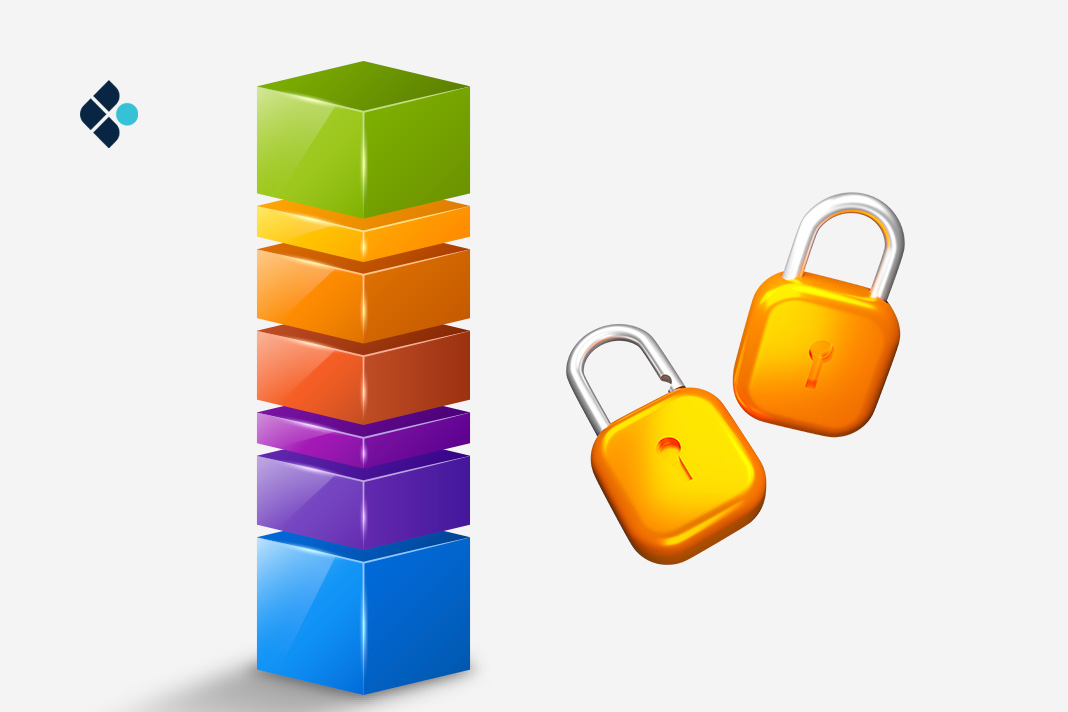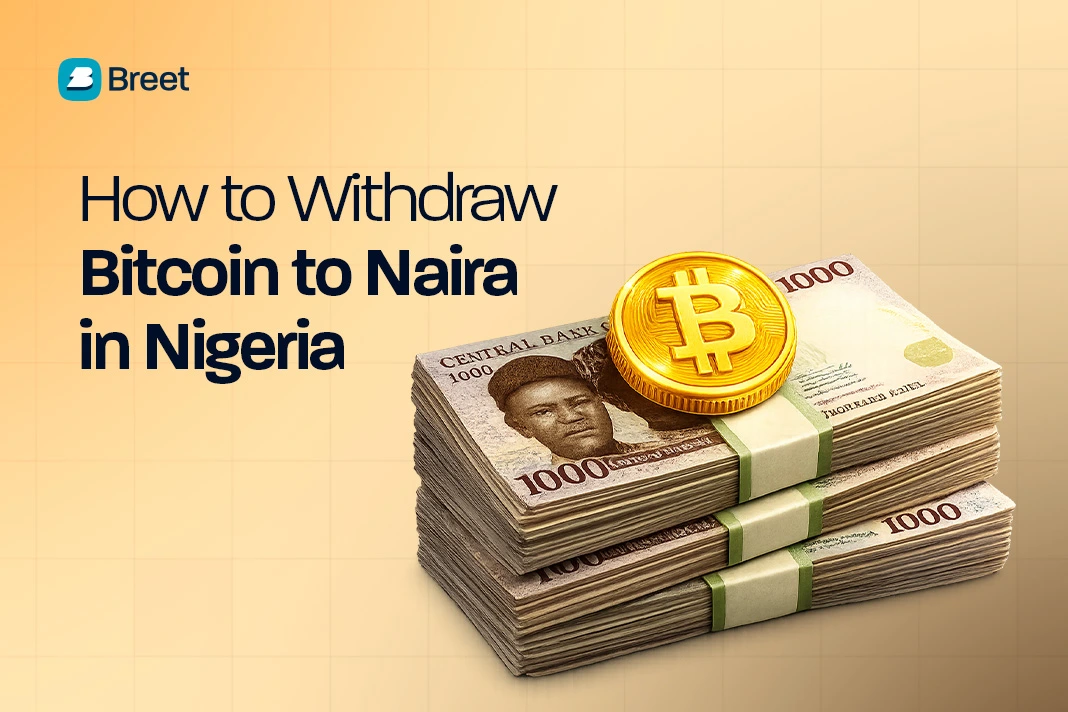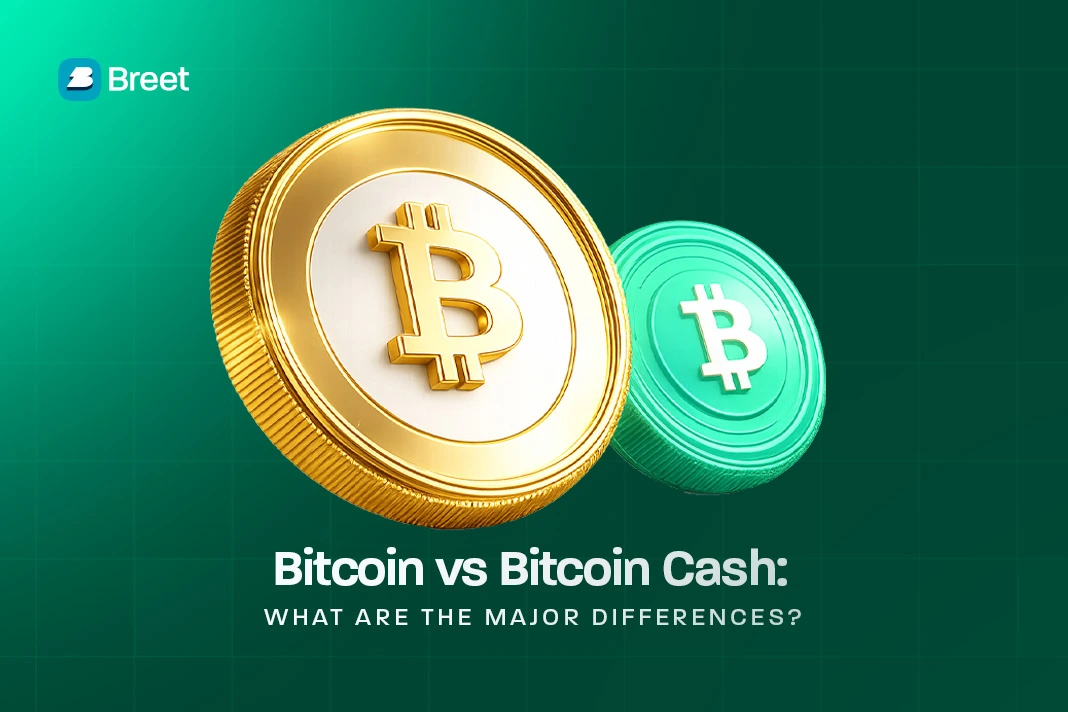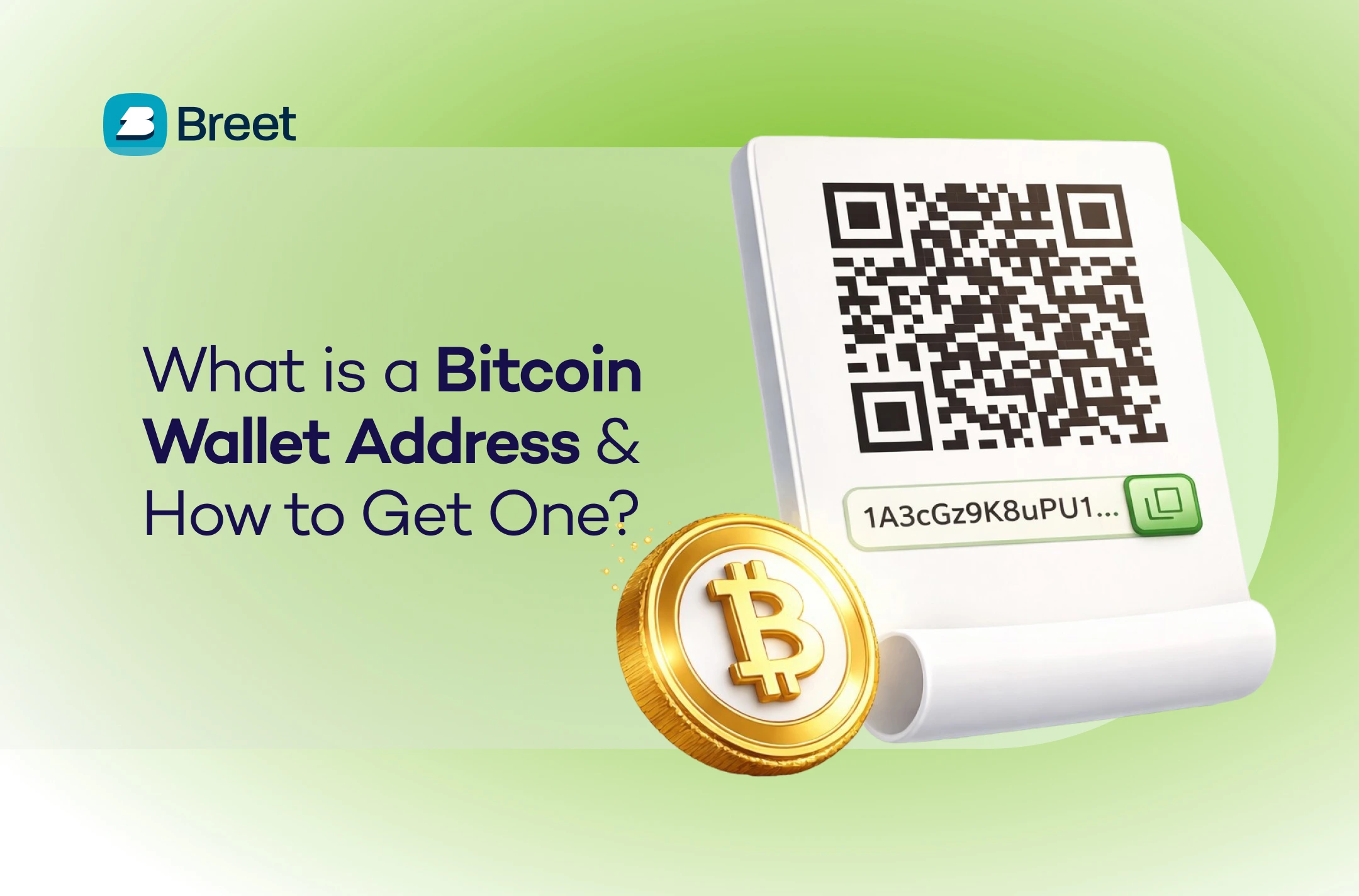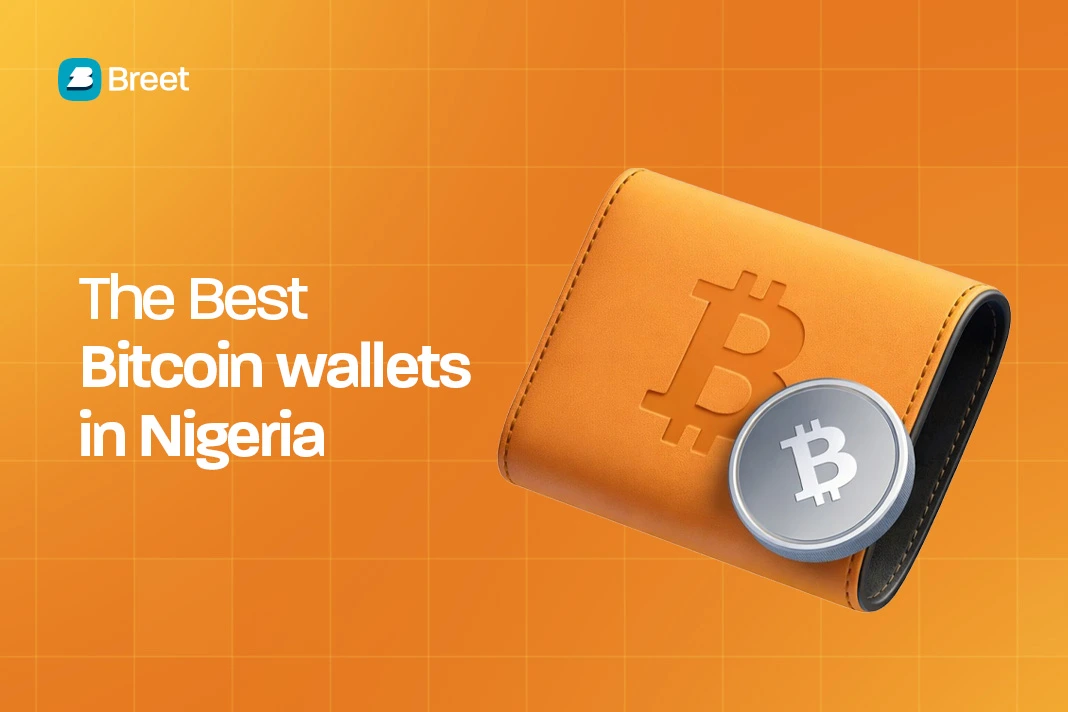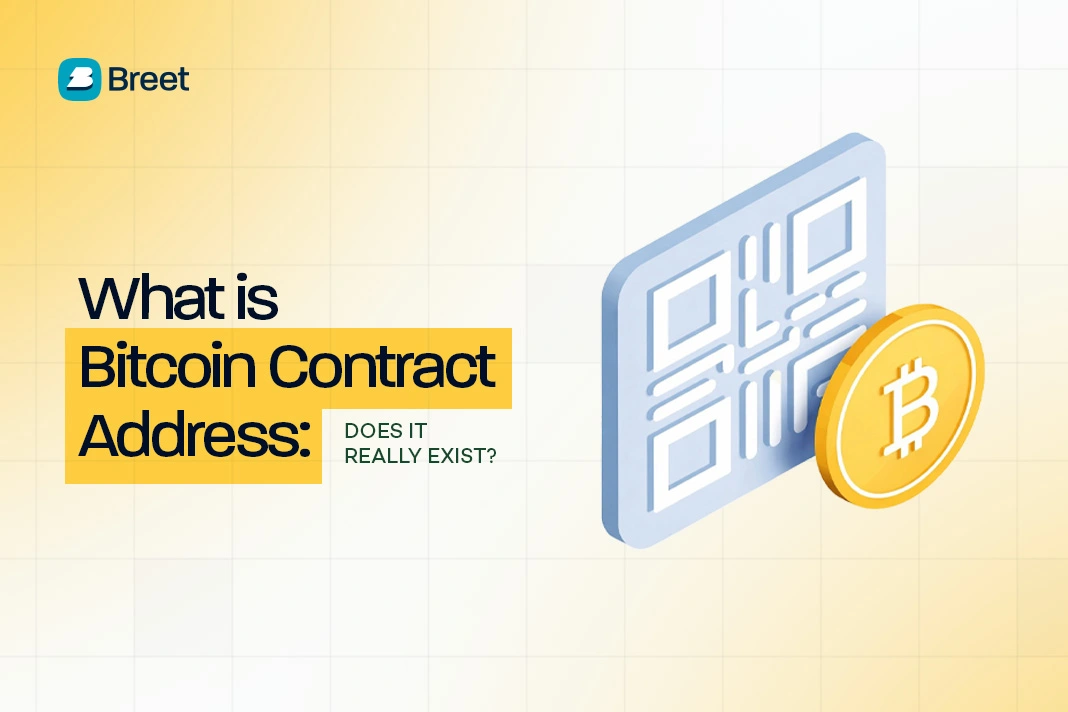If I had a dollar for every time friends and crypto newbies ask me why there are multiple “Bitcoin transaction confirmations,” I would probably have enough to buy more BTC.
Many transactions are accustomed to near-instant payment processing in traditional banking, but that’s not the same for Bitcoin transactions. This is due to something called ‘Confirmations,’ your transaction’s security guards. But why is it important, and how long do Bitcoin transfers take?
I’ll answer all your questions in this blog post.
What Are Bitcoin Confirmations?
Let’s start with the basics. When you send Bitcoin, your transaction isn’t instantly processed. Instead, it goes through a process called “confirmation.”
Let’s imagine the Bitcoin network as a giant, decentralised ledger. Every transaction needs to be verified and added to this ledger. Miners validate BTC transactions by bundling them into blocks and adding them to the blockchain. Each time a transaction is included in a new block, it receives one confirmation. Interestingly, the Bitcoin blockchain has a block mine that averages every ten minutes.
Why Are Confirmations Important?
If the Bitcoin payment confirmation time frustrates you, you may need to calm down because these provisions are implemented to save you from many mishaps. The major ones are:
- Ensuring Transaction Legitimacy: Due to the relative pseudonymity provided by the crypto world, some fraudulent people may want to take advantage, but with these confirmations, it will be harder for these fake transactions to slip through.
- Protecting Against Double-Spending: Double spending in crypto (like with Bitcoin) is when someone tries to send the same coin to two different people—say, sending it to both Alice and Bob. But don’t worry, the Bitcoin network is built to catch this.
When two versions of the same transaction are sent out, the network only confirms one of them—usually the one that gets added to the blockchain first. The other one gets rejected.
Once a transaction is confirmed and added to the blockchain, it can’t be reversed. And the more confirmations it gets, the more secure it becomes. That’s how Bitcoin makes sure no one can spend the same coin twice.
- Enhancing Overall Network Security: The more confirmations a transaction has, the more secure it is. This protects both the sender and the receiver from potential fraud.
How Many Confirmations Are Needed for Bitcoin Transactions?
Now, to the gist of this whole discussion: How many confirmations should you expect for your transaction to be processed?
Simply put, there is no exact Bitcoin transaction speed required for your payment processing; here’s how it works:
- Small Transactions: if you’re sending very little BTC, like buying a coffee, about 1-2 confirmations should be enough.
- Medium Transactions like your online shopping require up to 3-6 transactions to be processed.
- Large Transactions like buying a car or real estate require 6 or more confirmations to go through.
However, these are not fixed; they are just guidelines. You may find that the actual numbers vary as they are affected by transaction amount, network congestion, and security policies.
Factors Affecting Confirmation Time Of Bitcoin
Despite knowing that you need these confirmations, nobody would blame you if you start getting anxious because it’s taking some time. But this wait time is affected by some factors, like:
- Network Congestion: The Bitcoin network verification gets really busy. In fact, it recorded an all-time high of daily transactions in December 2023, when it processed 724,000 coins in one day. We all know that Bitcoin struggles with scalability, so it takes time to process transactions. So, it also gets its ‘rush hour’ moments.
- Transaction Fees: Miners get motivated by high transaction fees and tend to prioritize those with higher transaction fees over others. So, if you’re in a rush, consider increasing your transaction fee.
- Block size: BTC is limited to 1MB and can only store 2,000 transactions per block. So, if the block gets filled, your transaction will be delayed until the next block.
Tools for Checking Bitcoin Confirmations
If you’ll get some relief by knowing your transaction’s status, some handy tools will help you check.
- Blockchain.com
- Blockchain
- BTC.com
Using these tools is pretty straightforward. Just enter your transaction ID, and you’ll see how many confirmations it has.
Tips for Ensuring Faster Bitcoin Confirmations
Want your transaction to confirm faster? Here are some tips:
- Send transactions at optimal times when the network is less busy and less congested.
- If you’re in a hurry, paying a higher transaction fee will bump you up the list, as miners will feel incentivised to confirm your transaction.
- Some platforms offer Priority Services for a fee. So, if you want to get on with your day, you could explore this option.
Frequently Asked Questions (FAQs) About Transaction Confirmations for Bitcoin
How Many Confirmations Should I Wait for BTC?
There are no fixed confirmations you should get for your BTC. However, you can use this as a guide:
- Small transactions take 1-2 confirmations
- Medium transactions take 3-6 confirmations
- Large transactions usually require 6 or more confirmations.
How Can I Make My Bitcoin Confirm Faster?
Here are a few pointers to hasten up your Bitcoin confirmation time:
- Only send BTC during off-peak time. This is when the blockchain is not as congested.
- Increase your transaction fee to make miners prioritize your transaction.
- Use priority services that would push you up the list for a fee, of course.
Which Crypto Transfers Fastest?
For faster crypto transfers, consider the following crypto coins:
- Solana (SOL): 65,000 transactions per second
- Avalanche (AVAX): 4,500 transactions per second
- TRON (TRX): 2,000 transactions per second
- Ripple (XRP): 1,500 transactions per second
What Is The Longest Time a Bitcoin Transaction Can Take?
BTC transactions typically take 10 minutes to 1 hour to process. However, they can take even more time depending on factors like network congestion, block size, and transaction fees.
Why Is My BTC Confirmation Taking So Long?
Your BTC confirmation is taking so long due to several reasons, the major ones being:
- Network congestion
- Low transaction fees
- Filled block
Conclusion
There you have it—a comprehensive guide to Bitcoin confirmations! By understanding how confirmations work and why they’re essential, you can ensure your transactions are secure and efficient.
If you found this helpful, check out more beginner-friendly and advanced crypto guides on the Breet Blog—your go-to for smart, safe crypto learning.
Conclusion
There you have it—a comprehensive guide to Bitcoin confirmations! By understanding how confirmations work and why they’re essential, you can ensure your transactions are secure and efficient.
